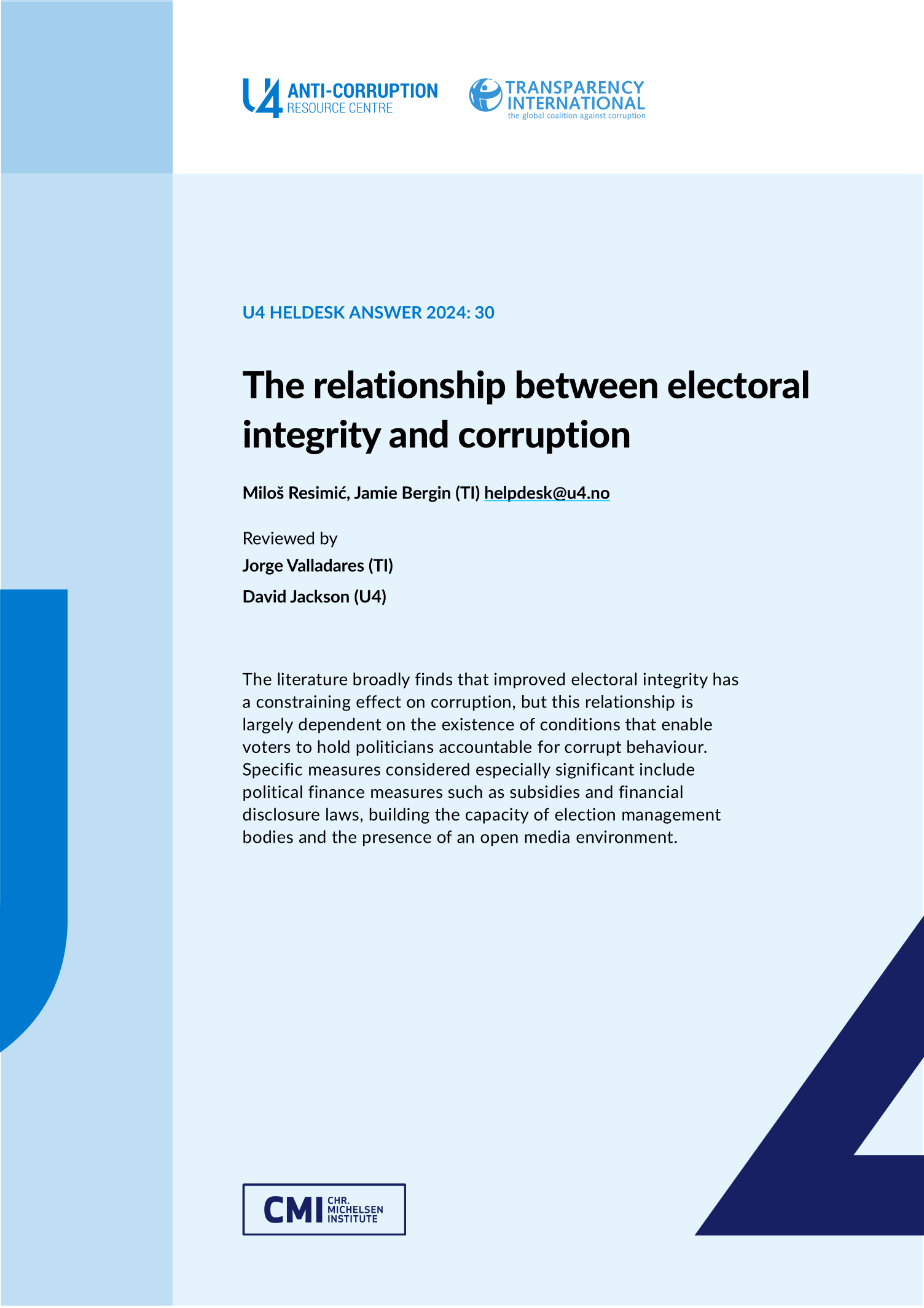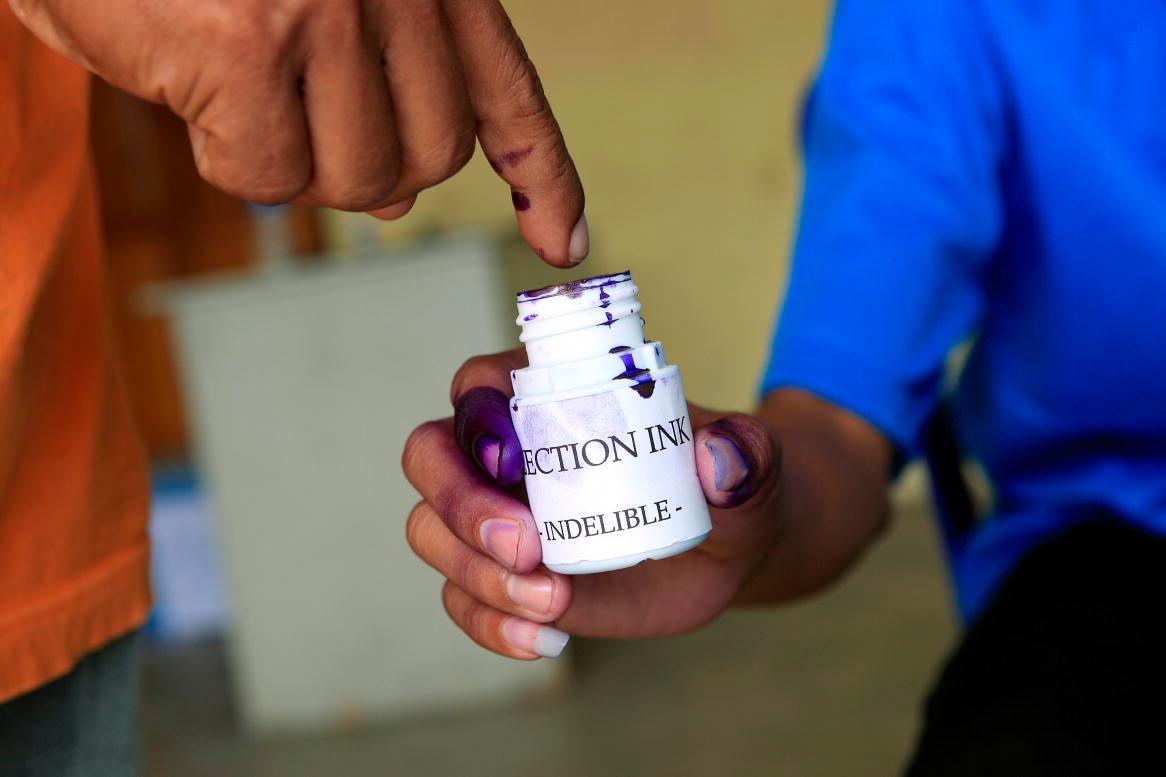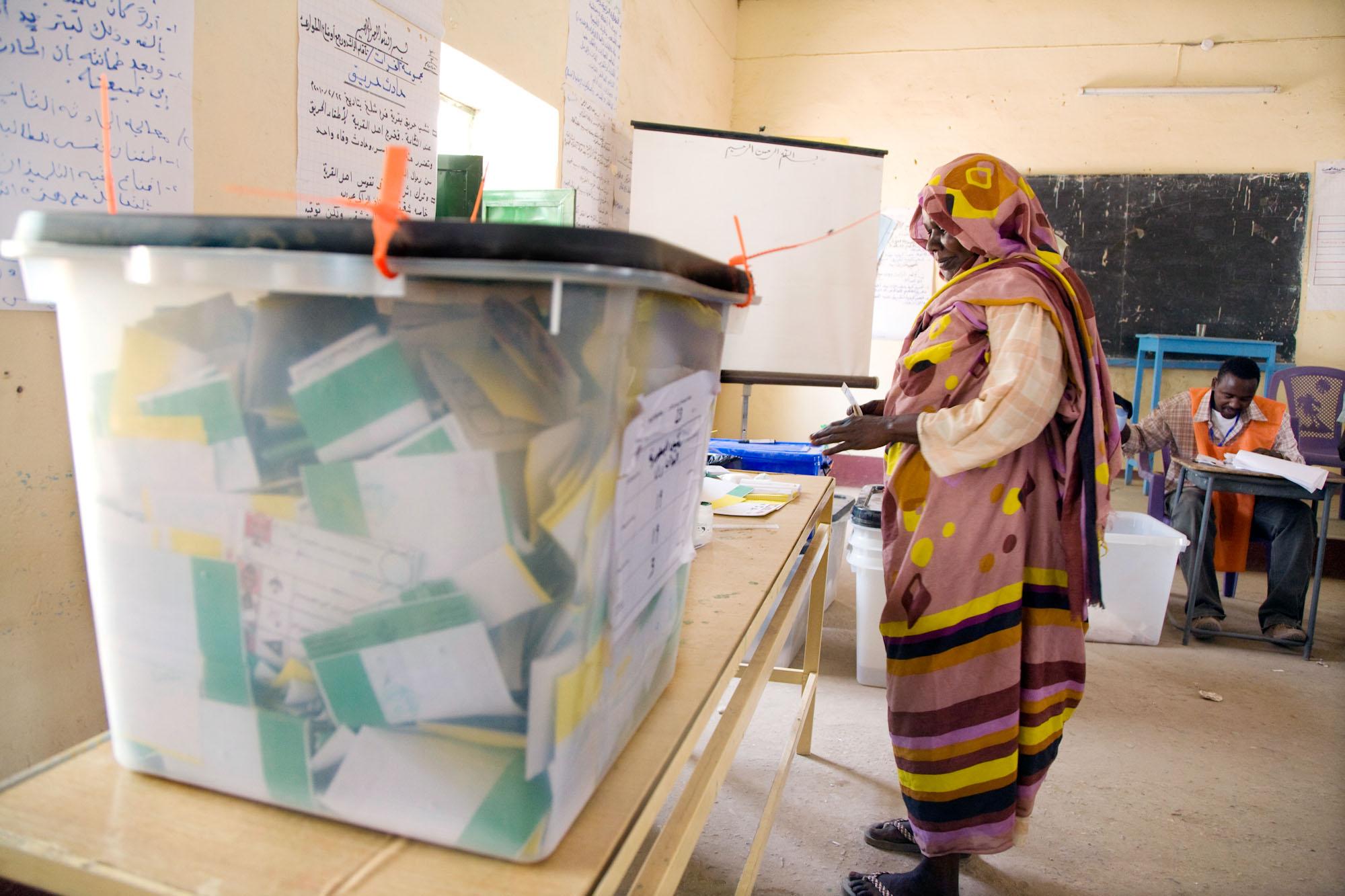Main points
- Studies widely indicate the relationship between democracy and corruption is non-linear. While countries with low levels of democracy tend to experience an initial rise in corruption while democratising, after reaching a certain threshold, this begins to translate into lower corruption levels more consistently. Electoral integrity is a significant, but not the only variable contributing to this relationship.
- The evidence for the electoral accountability theory, in which voters are expected to vote against political candidates linked to corruption, is mixed. In some contexts, the theory appears to hold, while in others, voters may fail to sanction such candidates due to factors such as partisan bias, the provision of benefits to voters and levels of economic growth.
- While difficult to measure, there is some evidence suggesting that tailored electoral integrity measures that facilitate greater political competition or effectively target certain forms of electoral corruption such as political finance violations and vote buying can prevent the downstream manifestation of corruption.
- The literature indicates an increase in electoral integrity can lead to greater control of manifestations of political corruption such as cronyism and undue influence, but its effects on administrative corruption remains understudied.
- The literature coalesces around political finance subsidies and financial disclosure laws, the capacity of electoral monitoring bodies and an open media environment as key determinants of how electoral integrity controls corruption.
- There is variation in conceptualisations of both electoral integrity and corruption in the literature, as well as types of electoral systems, which can all make it difficult to compare directly across studies and draw general conclusions.



